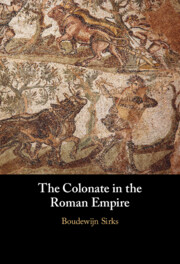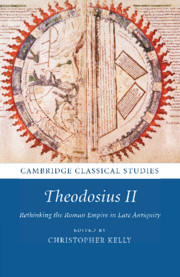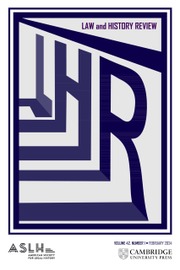The Colonate in the Roman Empire
The fourth and fifth centuries AD gave rise to a particular phenomenon in the Roman Empire: the colonate. The colonate involved the fiscal regulation of a relationship of surety between landowners and farmers in the later Roman Empire and played a major role in agrarian and social relations, with implications for these farmers' freedom of movement and transmission of status. This study provides a clear and comprehensive reassessment of the legal aspects of the phenomenon, embedding them as far as possible in their social and economic contexts. As well as taking the innovative approach of working retrogradely, or backwards through time, the volume provides a thorough assessment of two critical sources, the Theodosian and Justinian Codes, and will therefore be an invaluable resource for students and scholars of Roman law and the agricultural and social history of late antiquity.
- Provides a comprehensive reassessment of the legal aspects of the colonate
- Adopts an innovative approach to the Theodosian and Justinian Codes as valuable historical sources assessed within their original contexts
- Presents all ancient sources in translation
Reviews & endorsements
'This book presents a meticulous and comprehensive analysis of ancient Roman normative texts, primarily drawn from the Codes of Theodosius and Justinian, pertaining to the institution of the colonate. It will undoubtedly serve as a valuable reference for those engaged in research on late antiquity, in particular thanks to the insights it offers into the economic and social changes of the period through its application of new historical-legal methods.' Kamil Sorka, Bryn Mawr Classical Review
Product details
January 2024Hardback
9781009172608
360 pages
235 × 155 × 20 mm
0.707kg
Available
Table of Contents
- Introduction
- 1. The colonate in the east under Justinian (527/534–565/642)
- 2. The colonate in the year 438 in Theodosius' code
- 3. The colonate in the east 438–527
- 4. The colonate in the west 438–ca. 506
- 5. The colonate between Theodosius' Code and Diocletian, and the third century (438–293/268/249).




